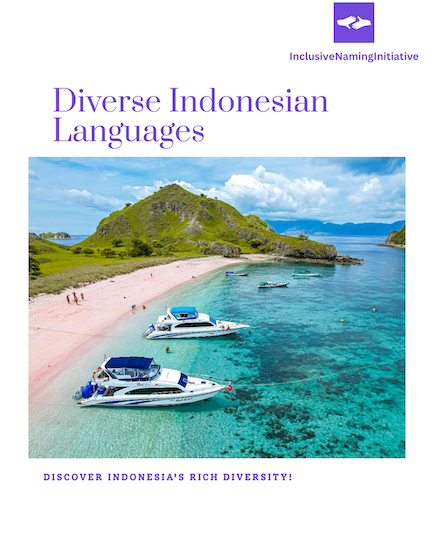Indonesia: Where Every Island Speaks
Imagine standing on a dock in Sulawesi, to your right, a fisherman shouts in Bugis. Behind you, children laugh in Bahasa Indonesia, in the market an old woman bargains in Javanese, while a boatman from Maluku sings in his mother tongue. This is Indonesia, one country but a thousand voices.
With more than 17,000 islands and over 700 living languages, Indonesia is one of the most linguistically rich nations on Earth. Yet, for many outside its borders, Indonesia is only Bali’s beaches or Jakarta’s skyline. The deeper story, the story of its words, is rarely told.
A Bold Decision in 1945
When Indonesia declared independence in 1945, it faced a question bigger than politics, how do you unite millions of people who don’t share the same language? The easy choice might have been Javanese, the language of the largest ethnic group but that risked dividing the nation. Instead, the leaders chose Malay, a simple and neutral trade language, they renamed it Bahasa Indonesia. In that moment gave the young nation a common voice. This choice may be one of the reasons Indonesia holds together today, unlike so many other post-colonial states fractured by linguistic divides.
Languages That Hold Time
Beneath the national unity lies a quieter, older story, one of tongues that carry memories no book has ever written down. Javanese, still spoken by more than 80 million people, holds echoes of ancient Sanskrit inscriptions carved into stone. Balinese is not just a language, but the key to elaborate rituals and songs that outsiders only see in fragments. Wolio, once the court language of the Sultanate of Buton, was the soft voice of diplomacy across oceans.
Yet many of these voices are in danger. Dozens of Indonesian languages are endangered . Some are spoken only in mountain villages.
At first glance, it might seem like Indonesia’s story alone. But it’s not. It is about us too, about the digital age we all share. Technology can erase languages, as global tongues dominate online spaces. But it can also preserve them through recordings, mobile apps, artificial intelligence, and storytelling. The internet can become either a graveyard for words or the place where they live forever.
In the 20th century, humanity fought to save animals from extinction. In the 21st century, our challenge might be to save words.
